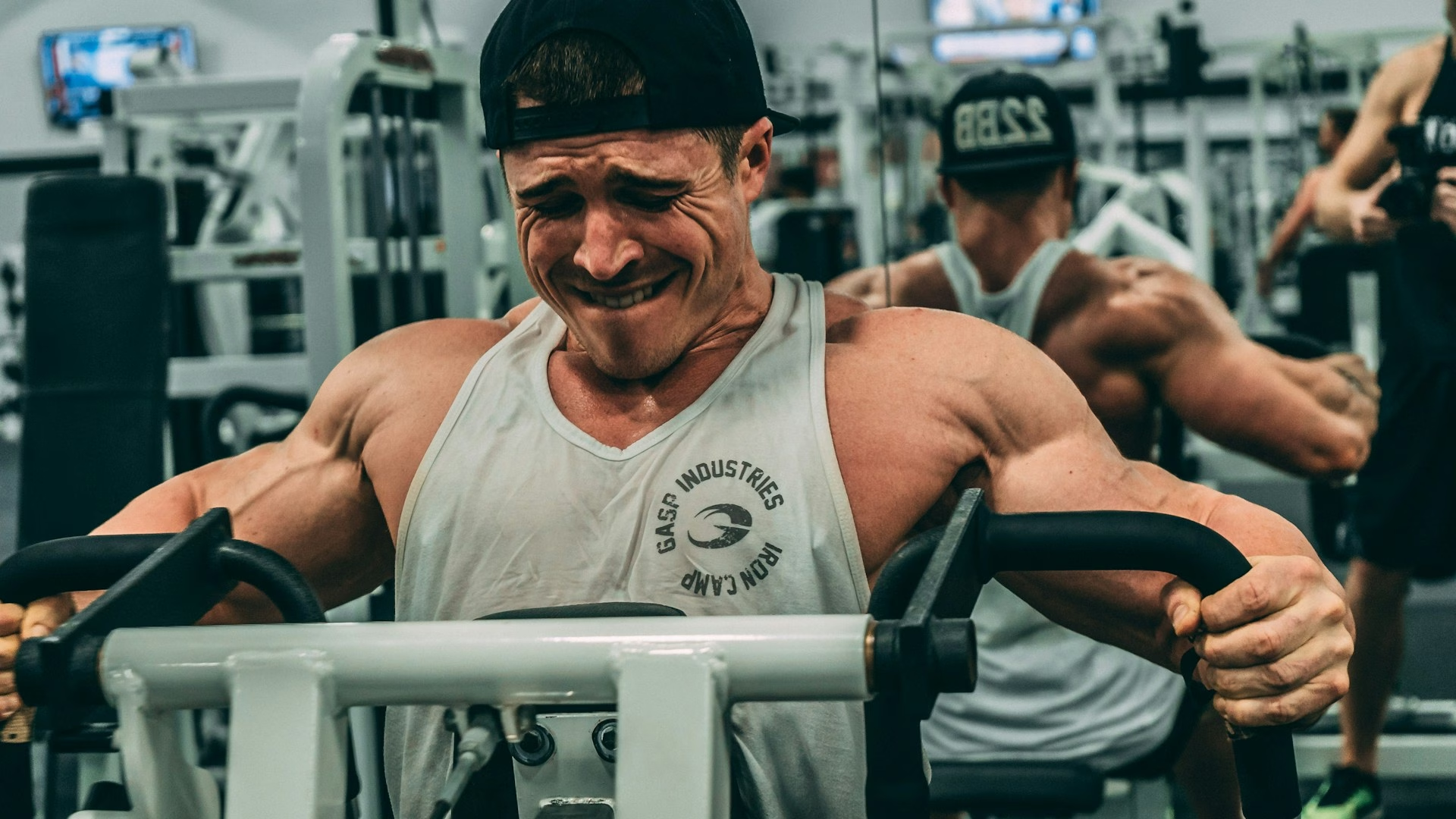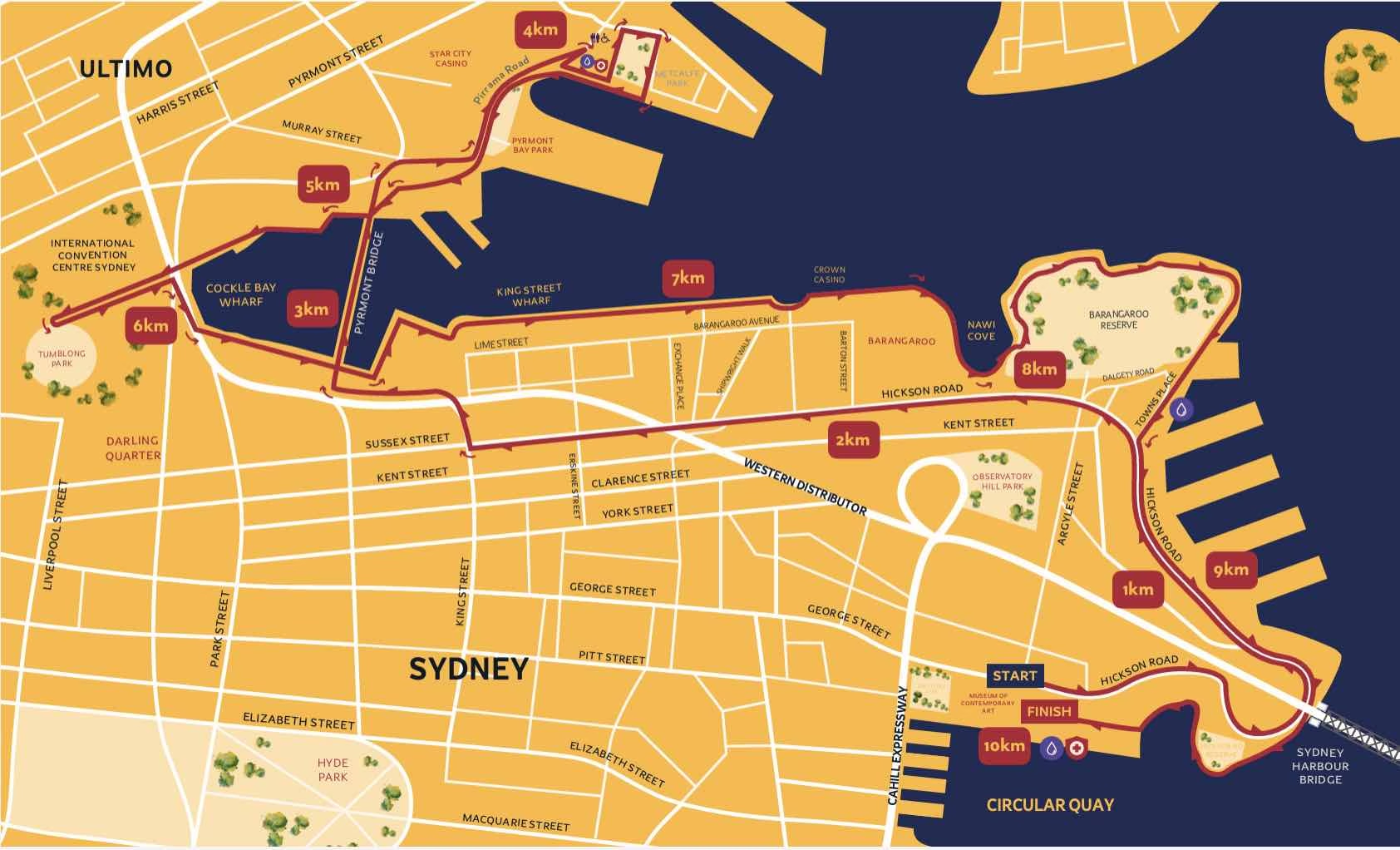Let’s get one thing straight: if you’ve ever taken time off the gym, felt like you lost everything, and had to start again from scratch… you didn’t. Your muscles were just taking a nap. Muscle memory is real and now, science has officially backed that up.
A recent study out of Finland has found proof that muscle memory isn’t just bro-science. It’s built into your biology.
Here’s What They Found
Researchers took a bunch of active men and women who hadn’t done proper resistance training before and put them through the following:
- 10 weeks of weight training
- 10 weeks off
- Then another 10 weeks back under the bar
They tested thousands of muscle proteins, and what they discovered is gold for anyone who’s ever skipped leg day for, say, 70 days in a row.
Even after a full break, some muscle proteins kept their “trained” status. They didn’t go back to baseline. And once the lifters got back into training, they bounced back faster than first-timers.
That’s muscle memory. Real, molecular, and backed by data.
Why This Matters for You
1. Taking a break won’t destroy your gains.
If you’ve ever panicked about missing a few weeks—or months—of training, relax. Your muscles remember the work you put in. You’ll rebuild faster than when you first started. That comeback? Way easier.
2. Stop obsessing over perfection.
Life throws curveballs. Injury, work, kids, hangovers. Whatever. You’re not going back to zero every time you take a break. It’s more like hitting pause than reset.
3. Train hard, but smart.
Deload weeks? Rest days? Holidays? Take them. Your body isn’t made to go all-out 24/7. This new research shows that rest doesn’t erase progress—it helps consolidate it.
Your muscles have a memory. It’s not just motivational fluff—it’s biological fact. So if you’ve fallen off the wagon, don’t stress. Your body still remembers the hard work. You’re not starting over. You’re picking up where you left off, only smarter.
So get back in there. The weights missed you.
Fast Facts
- Muscle proteins adapt to training, and some changes stick even after 2+ months off.
- This was the first study to prove it at the protein level, not just by looking at strength or size.
- One standout protein, calpain-2, plays a role in how muscles respond to calcium, and it retained its post-training state during rest.




